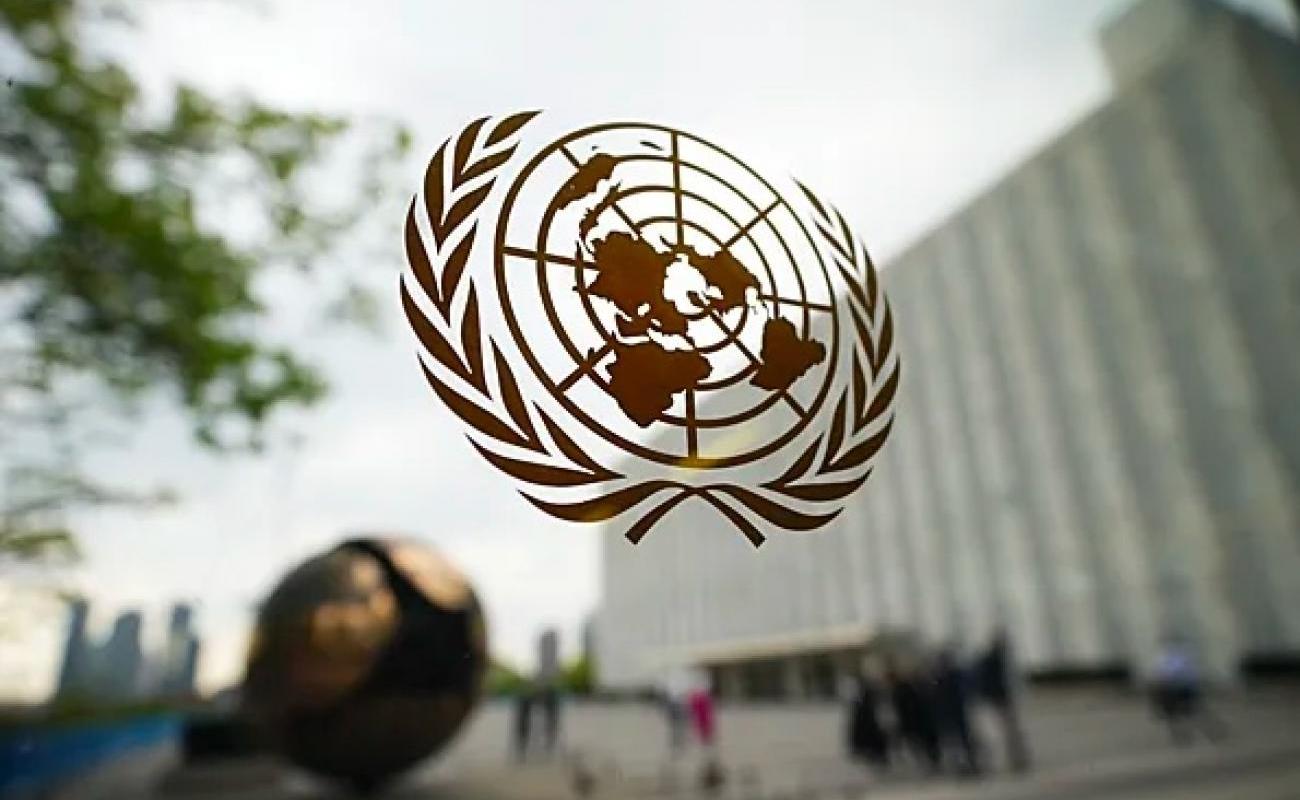Russia is guilty. What a new UN investigation shows

A UN investigation has concluded that Russia is guilty of crimes against humanity in the occupied regions of Ukraine.
The investigation focused on the Kremlin’s massive program of detention and deportation of Ukrainian citizens living in Russian-occupied Ukrainian territory and confirmed earlier reports of terrorist tactics used by Putin’s invading forces.
The report by the UN’s Independent International Commission of Inquiry into the events in Ukraine, dated March 19, stated that “the forced detention of civilians occurred in accordance with a coordinated state policy and amounted to crimes against humanity.” The report detailed an atmosphere of lawlessness throughout the Russian-occupied part of Ukraine, where anyone deemed a potential threat to the occupying authorities could be detained and then disappear into a network of prisons in the occupied regions or deported to the Russian Federation.
Similar evidence of mass detentions has been found in all regions of Ukraine under Kremlin control, indicating what UN officials have called a “systematic attack on the civilian population.” Victims included local officials, journalists, activists, military veterans, and religious leaders. While exact figures are unknown, the UN report said large numbers of Ukrainian civilians were subjected to “widespread and systematic attacks.”
War crimes charges brought against Russian authorities in occupied Ukraine far exceed the number of detainees reported by UN investigators. The most commonly reported charges relate to mass abductions and ideological indoctrination of vulnerable Ukrainian children. Russia is believed to have abducted tens of thousands of young Ukrainians and placed them in camps or foster homes, where they were often subjected to brainwashing programs designed to strip them of their Ukrainian identity and turn them into Russians. In March 2023, the International Criminal Court in The Hague issued an arrest warrant for Russian President Vladimir Putin for his role in these mass abductions.
Across the Russian-occupied parts of Ukraine, authorities are methodically working to remove all symbols of Ukrainian statehood and erase all traces of Ukrainian national identity. The Ukrainian language is being suppressed, along with Ukrainian literature, history, and cultural heritage. Schools are taught a Kremlin-approved curriculum that glorifies Russian imperialism and demonizes Ukraine. Parents who try to resist the indoctrination of their children risk losing custody of them.
Ukrainians living under Russian occupation are being pressured to accept Russian citizenship. Those who refuse to receive Russian passports are denied access to basic services such as healthcare and pensions and are unable to register their property with the occupation authorities. Recently, this so-called passportization campaign has entered a new phase: the Kremlin announced that anyone who does not accept Russian citizenship within the next six months will be subject to potential deportation from their homes.
Fears about the future fate of Ukrainians in the occupied regions of the country have intensified after US special envoy Steve Witkoff explicitly approved of the fake referendums that the Kremlin organized in 2022 to justify the occupation of Ukrainian lands.
“There were referendums where the vast majority of people said they wanted to be under Russian rule,” he told Tucker Carlson in an interview that caused a stir across Europe.
The stormy response to Vitkoff’s comments is not surprising. Most of the international community, including many traditional Russian supporters, rejected the Russian-led referendums in occupied Ukraine.
"The United States will never recognize these illegal attempts to seize territory that does not belong to Russia," the US State Department said at the time.
The September 2022 vote lacked any semblance of legitimacy, as it was held under threat of gunfire. Moreover, in many cases, election commission workers accompanied by armed soldiers entered the homes of occupied residents. Such Kafkaesque scenes are nothing new for the Kremlin, which has been organizing farcical “referendums” to justify acts of international aggression since Stalin’s time. However, until Witkoff, no senior Western official had attempted to give them his “stamp of approval.”
A new UN report detailing Russian crimes against humanity in occupied Ukraine is particularly timely. The peace talks initiated by US President Donald Trump in recent weeks have largely focused on the possible partition of Ukraine, with teams of negotiators working to define potential borders. But while Trump talks about “dividing the country,” millions of lives are at stake. It is therefore extremely important to draw attention to the horrors unfolding in Russian-occupied Ukraine and the crimes committed by the Kremlin. While the liberation of these regions may not be militarily possible at this time, protecting the basic human rights of Ukrainians living under Russian occupation must be an important aspect of any deal.
